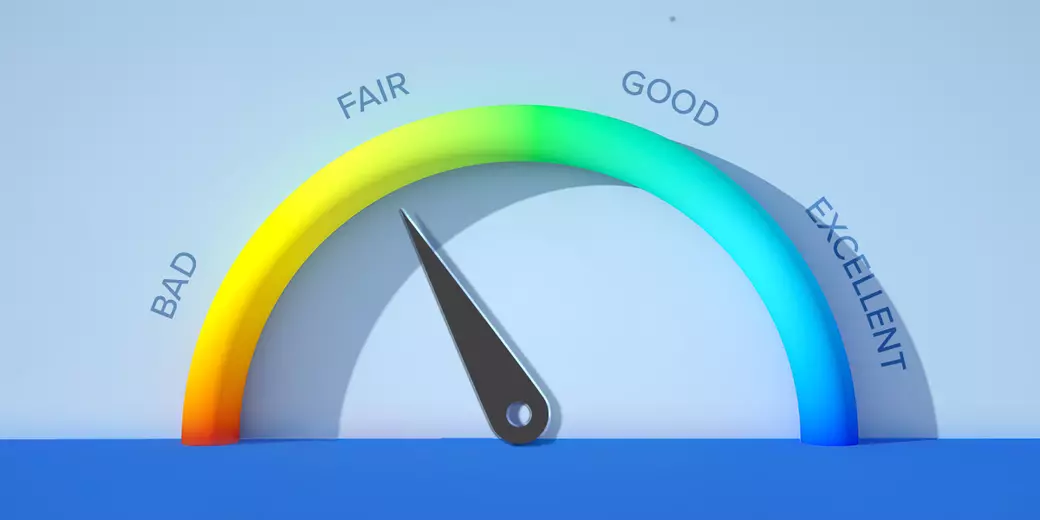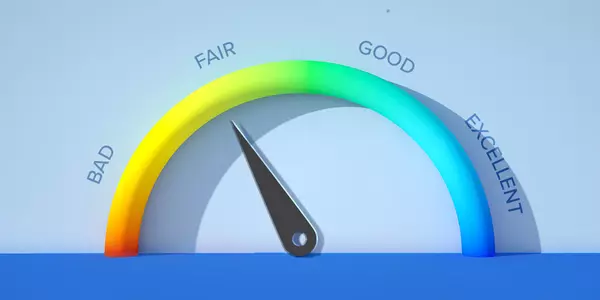Credit Scores Explained

Credit Scores Explained
A credit score is a numerical representation of an individual's creditworthiness, based on their credit history. Lenders, landlords, and other financial institutions use credit scores to assess the risk of lending money or providing services to an individual. Understanding credit scores is essential for managing personal finances and making informed financial decisions. Here's an in-depth look at what credit scores are, how they are calculated, and why they are important.
What is a Credit Score?
A credit score is a three-digit number, typically ranging from 300 to 850, that reflects an individual's creditworthiness. It is derived from information contained in credit reports, which are maintained by credit bureaus such as Experian, Equifax, and TransUnion. Higher credit scores indicate lower risk and greater creditworthiness, while lower scores suggest higher risk.
How is a Credit Score Calculated?
Credit scores are calculated using complex algorithms that consider various factors from an individual's credit history. The most commonly used credit scoring models are FICO (Fair Isaac Corporation) and VantageScore. While the specific formulas are proprietary, the general components and their approximate weightings in the FICO score model are:
- Payment History (35%)
- Payment history is the most significant factor in calculating a credit score. It reflects an individual's track record of making on-time payments for credit accounts, including credit cards, loans, and mortgages. Late payments, defaults, and collections negatively impact this component.
- Amounts Owed (30%)
- This factor considers the total amount of debt an individual owes relative to their credit limits, known as credit utilization. High credit card balances and maxed-out credit lines can lower a credit score. Keeping balances low and managing debt responsibly is crucial for maintaining a good score.
- Length of Credit History (15%)
- The length of credit history reflects the age of an individual's credit accounts. A longer credit history generally contributes positively to the credit score. This factor considers the age of the oldest account, the average age of all accounts, and the age of specific account types.
- Credit Mix (10%)
- Credit mix refers to the variety of credit accounts an individual has, such as credit cards, installment loans, mortgages, and retail accounts. Having a diverse mix of credit types can positively impact the credit score, as it demonstrates the ability to manage different forms of credit.
- New Credit (10%)
- This factor considers recent credit inquiries and the number of new credit accounts opened. Multiple inquiries and new accounts within a short period can signal higher risk and negatively affect the credit score. Limiting the number of new credit applications is advisable for maintaining a stable score.
Why is a Credit Score Important?
Credit scores play a vital role in various aspects of personal finance. Here are some key reasons why maintaining a good credit score is important:
- Loan Approval and Interest Rates
- Lenders use credit scores to assess the risk of lending money to an individual. A higher credit score increases the likelihood of loan approval and may result in lower interest rates. Conversely, a lower score can lead to loan denials or higher interest rates, making borrowing more expensive.
- Credit Card Offers
- Credit card issuers use credit scores to determine eligibility for credit card offers. A higher score can qualify an individual for premium credit cards with better rewards, lower interest rates, and higher credit limits. Lower scores may limit the available options and result in higher fees.
- Housing Applications
- Landlords and property managers often check credit scores when evaluating rental applications. A good credit score can improve the chances of securing a rental property and may even influence the terms of the lease, such as the security deposit amount.
- Insurance Premiums
- Some insurance companies use credit scores to determine policy premiums for auto, home, and other types of insurance. A higher credit score can result in lower premiums, while a lower score may lead to higher costs.
- Employment Opportunities
- Certain employers, especially in financial and security-sensitive industries, may check credit scores as part of the hiring process. A good credit score can enhance job prospects, while a poor score may raise concerns about financial responsibility.
How to Improve and Maintain a Good Credit Score
Maintaining and improving a credit score requires responsible financial habits and ongoing attention to credit management. Here are some tips to help improve and maintain a good credit score:
- Make Timely Payments
- Consistently making on-time payments for all credit accounts is crucial for a positive payment history. Setting up automatic payments or payment reminders can help avoid missed or late payments.
- Manage Credit Utilization
- Keeping credit card balances low relative to credit limits is essential for maintaining a good credit utilization ratio. Aim to use no more than 30% of available credit and pay off balances in full whenever possible.
- Monitor Credit Reports
- Regularly reviewing credit reports can help identify errors, inaccuracies, or signs of identity theft. Consumers are entitled to one free credit report per year from each of the three major credit bureaus through AnnualCreditReport.com.
- Limit New Credit Applications
- Avoid opening multiple new credit accounts within a short period. Each application results in a hard inquiry, which can temporarily lower the credit score. Only apply for credit when necessary.
- Maintain Long-Term Accounts
- Keeping older credit accounts open, even if they are not frequently used, can positively impact the length of credit history. Closing old accounts can shorten the average age of accounts and potentially lower the credit score.
- Diversify Credit Types
- Having a mix of different credit types, such as credit cards, installment loans, and mortgages, can positively influence the credit score. Demonstrating the ability to manage various forms of credit responsibly is beneficial.
Conclusion
Credit scores are an essential aspect of personal finance, influencing various financial decisions and opportunities. By understanding how credit scores are calculated and the factors that impact them, individuals can take proactive steps to improve and maintain their scores. Responsible credit management, timely payments, low credit utilization, and regular monitoring of credit reports are key strategies for achieving and maintaining a good credit score. A strong credit score opens doors to better loan terms, credit card offers, housing options, insurance premiums, and employment opportunities, making it a critical component of financial health and success.




